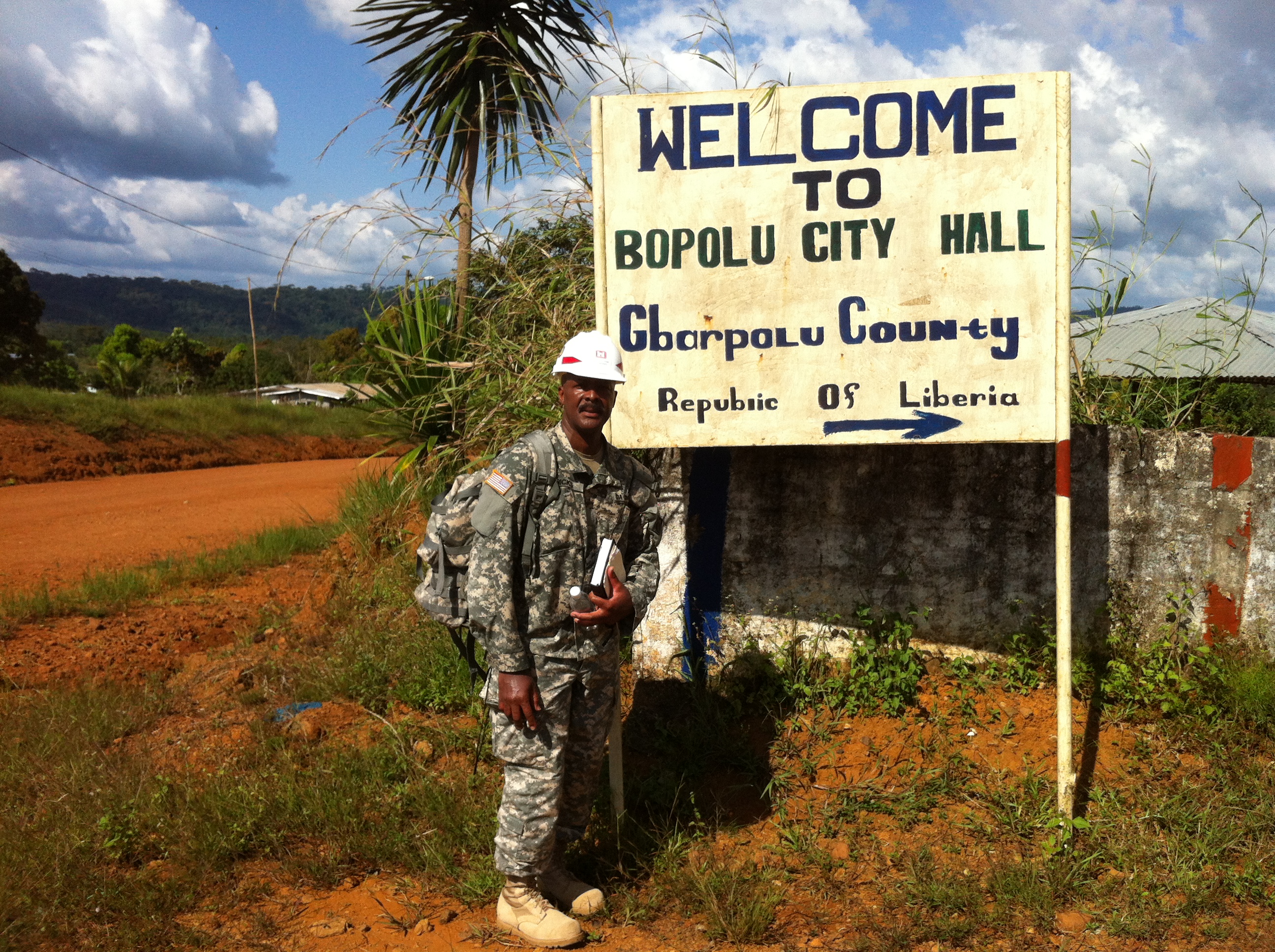If you remember a piece of information from many months ago, phenomenal. If not; I and a baker’s dozen of volunteers were forced to move sites between school years as we were effectively inaccessible during the Liberian rainy season. For me that meant a new home Bopolu City, Gbarpolu County, a county seat of governmental buildings huddled in the bush near the Sierra Leonean border. Only a four hour hop and skip from Monrovia, this new land offered a different window into Liberian life.

The western part of Liberia is really the central part of Liberia in it is more integrally tied to the urban country capital of Monrovia. The good and the bad. Good because the educational setting and road networks, while still severely disadvantaged, are better serviced. Bad because the hell Liberia has suffered often grades out from Monrovia. The recent civil wars upended life, cumulatively displacing nearly half of all Liberians. Many of my peers in Bopolu spent parts of their childhoods in Guinean or Sierra Leonean refugee camps.
Ebola, a far more fatal disease than present-day COVID-19, exposed a vastly unprepared medical network and led to health workers being seen as harbingers of death. Despite overwhelming surficial similarities of green rainforest, dark skin, and rainbow fabrics, the experiences that inform the culture here are quite different than those in the Southeastern reaches of the country. I carried these thoughts into the classroom – less likely to casually ask students about their parents and more likely to classify viruses as living things.
Religiously, the region is split between Islam and Christianity with remarkable amiability between the two. Most business owners are Islam, often moving to Liberia from neighboring Guinea or southern Mali for the benefits of commanding a larger volume of sales and a more relaxed tax environment.
Food shops dot the main street, where 200 LRD (~1 USD) fetches a chicken dinner. My favorite seller is colloquially referred to as “24-hour” for her round-the-clock service. I did catch her sleeping on the job a time or two… thankfully her kids knew how to keep the oil bubbling.
Tea shops are frequented by men talking politics at non-yelling volumes while sipping sugary shot-glasses of concentrated tea. Two video-clubs, both owned by Nigerians, show football (n. – a sport played with a ball and feet) for 75 LRD. Gold-miners from temporary mountain villages come down to the valley to restock, while county officials build guest houses and entertainment centers to host them.
Bopolu sees much higher traffic than my previous site. Subsistence farming is the main livelihood for everyday citizens. Stay alert for an upcoming post on my Science Teacher Training here.